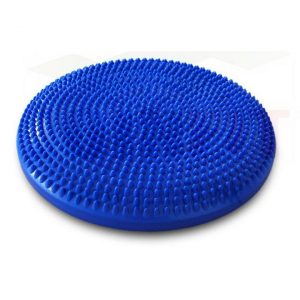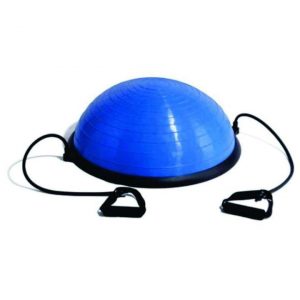Características del Producto
| Peso | 1 kg |
|---|---|
| Dimensiones | 5 × 5 × 3 cm |
| Material | Fibras de poliéster y látex |
$68.733 Original price was: $68.733.$54.986Current price is: $54.986. IVA
Son perfectas para potenciar tu entrenamiento con comodidad y estilo. Cada banda ofrece un nivel de resistencia diferente, ideal para trabajar fuerza, tonificación y flexibilidad en todo el cuerpo.
| Peso | 1 kg |
|---|---|
| Dimensiones | 5 × 5 × 3 cm |
| Material | Fibras de poliéster y látex |




Debes acceder para publicar una reseña.


Calificación
No hay Calificación aún.